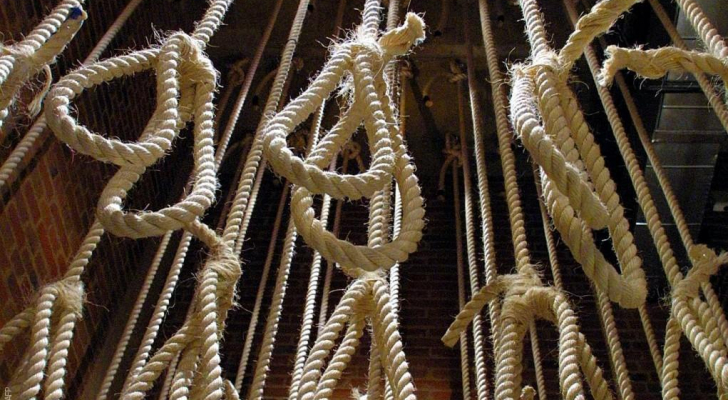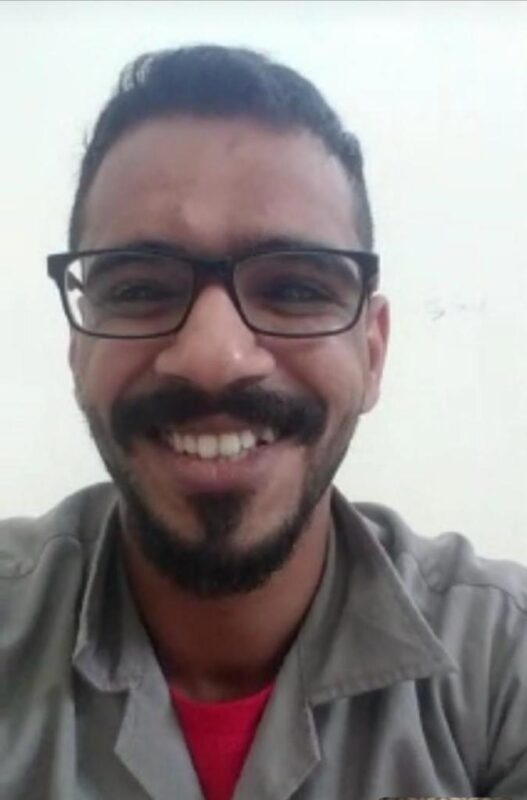Globally, the impact of climate-induced back draws and, ultimately, migrations can be witnessed extensively. This phenomenon is less prevalent in the Gulf Cooperation Council (GCC). However, the recent statistics on climate change and the allocation of investments in natural resources in the Gulf can revert the trend. According to the Middle East Institute (MEI), the[…]
Before the commencement of the 55th session of the Human Rights Council (HRC) on 26 February 2024, ongoing human rights violations in Bahrain have been exposed. This is despite the government’s vigorous efforts to conceal these violations, particularly the freedom of opinion and expression, by claiming superficial reforms before the international community. However, monitoring the[…]
The latest reports of 2024 outlined an alarming trend in soaring death penalties in Saudi Arabia. The European Saudi Organisation for Human Rights (ESOHR) affirms that at least 172 executions were pursued in 2023. Over this number, the European Centre for Democracy and Human Rights (ECDHR) highlights persistent discrimination in applying the penalty. According to[…]
Ammar Ebrahim Ahmed (Dhaif), a 17-year-old Bahraini high school student and minor, was arrested by Bahraini authorities from his sister’s home on 13 July 2013 without providing an arrest warrant. During his detention, he was subjected to torture, sexual harassment, denial of access to his lawyer during interrogation, an unfair trial based on confessions obtained[…]
Historically, Gulf Cooperation Countries have used a strategy of repression by imposing state control of the media or through broad laws and strict censorship. Often, the governments justify this control by referring to social values like cohesiveness and harmony in society. However, this strategy poses journalists in the Gulf at extreme risk. They are harassed,[…]









